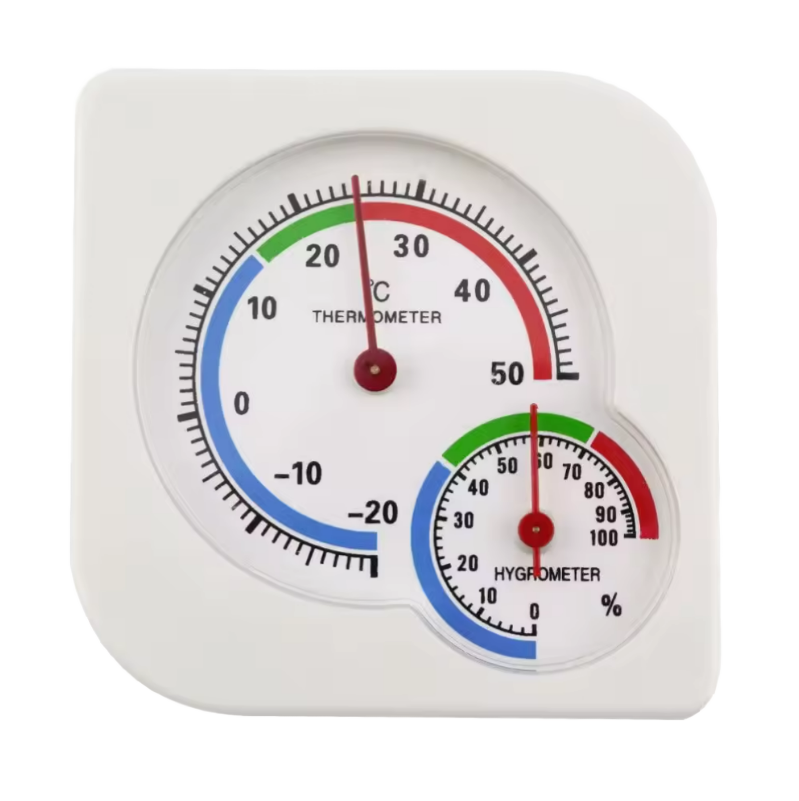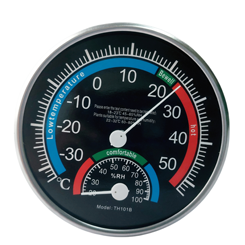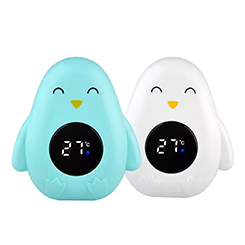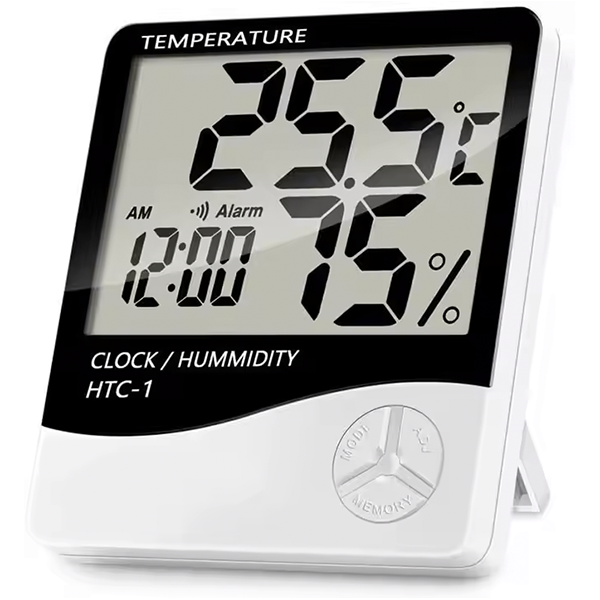New Developments in the Home Temperature Gauge Market: Precision and Intelligence Focus
Recently, with the improvement of public health awareness and the emphasis on indoor environmental comfort, the home thermometer market has ushered in new changes. According to relevant data, sales of household thermometers have increased by 30% in the past year, and consumers have raised higher demands for product accuracy and functional diversity.
Traditional mercury thermometers have long held an important position in the household market due to their high precision. However, its drawbacks such as fragility and mercury toxicity are becoming increasingly prominent. Since the National Medical Products Administration issued a notice to completely ban the production of mercury containing thermometers from January 1, 2026, mercury thermometers have gradually been phased out. Nowadays, electronic thermometers have become mainstream in the market due to their advantages of rapid measurement, convenient reading, and high safety. Like Helida electronic thermometer, which adopts advanced temperature sensing technology, the measurement accuracy can reach ± 0.1 ℃, and it can quickly and accurately display body temperature, which is favored by consumers.
In addition to measuring body temperature, products that also have temperature and humidity measurement functions are also popular. This type of thermometer can simultaneously monitor indoor temperature and humidity, providing data support for creating a comfortable and healthy home environment. In the hot and humid summer, if the indoor humidity is too high, it is easy to breed mold, which affects the health of family members. The temperature and humidity meter of brand A has a temperature measurement error controlled within ± 0.5 ℃ and a humidity error within ± 3% RH. It provides real-time feedback on environmental changes and helps users adjust the operating status of air conditioning, humidifiers, and other equipment in a timely manner.
Although the home thermometer market is developing well, there are still some problems. Some products in the market have uneven quality and significant measurement errors. Consumers should pay attention to whether the product has relevant certifications and choose reputable brands and legitimate sales channels when making purchases. Industry insiders point out that in the future, household thermometers will develop towards higher precision, more functions, and more intelligence. Enterprises need to constantly innovate, improve product quality and performance, and meet the diverse needs of consumers.
 Where to Buy the Most Accurate Household Thermometer?
Where to Buy the Most Accurate Household Thermometer?
 What Is a Household Thermometer and Why Do You Nee
What Is a Household Thermometer and Why Do You Nee
 Which indoor thermometer is more accurate? What are the type
Which indoor thermometer is more accurate? What are the type
 The global market for household thermometers is heating up,
The global market for household thermometers is heating up,
Copyright © 2025 Tianjin Helida Trading Co., Ltd., Company All rights reserved
